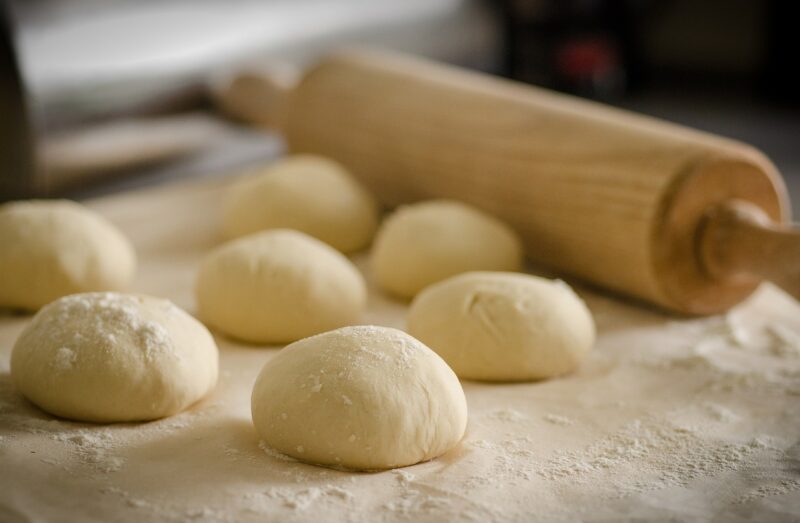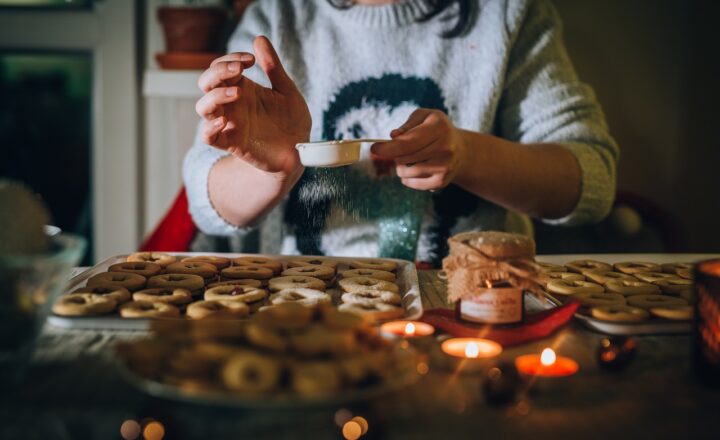Top 10 Baking Tips for Beginners to Make Perfect Cakes and Cookies
November 11, 2024

Baking can be both a science and an art, and for beginners, it can sometimes seem intimidating. The wonderful aroma of baked goods and the satisfying taste of a freshly baked cake or cookie can be incredibly rewarding. Here, we’ve compiled ten essential tips for novice bakers that will increase your chances of creating perfect cakes and cookies every time.
1. Read the Recipe Thoroughly
Before you even think about mixing ingredients, take the time to read the entire recipe from start to finish. Understanding the steps, the required ingredients, and the baking techniques involved allows you to prepare efficiently. Knowing what to expect will help avoid surprises during the baking process.
2. Measure Ingredients Accurately
Baking is a precise science. Using the right measurements is crucial. Invest in quality measuring cups and spoons for liquid and dry ingredients. Whenever possible, weigh ingredients using a kitchen scale, especially for flour and sugar, as this method provides the most accurate results.
3. Use Ingredients at Room Temperature
Many baking recipes call for ingredients like butter, eggs, and milk to be at room temperature. This is because room temperature ingredients mix more easily and result in a smoother batter, leading to a better texture in your baked goods. If you’re short on time, you can warm butter in the microwave in short increments and let eggs sit in warm water for a few minutes.
4. Don’t Overmix the Batter
Overmixing can lead to tough cakes and cookies because it develops the gluten in flour. Once you’ve combined the wet and dry ingredients, mix only until just incorporated. For cookies, when you add in chocolate chips or nuts, stir lightly.
5. Invest in Quality Bakeware
Good quality bakeware can significantly impact your baking results. Opt for heavy, durable pans that distribute heat evenly. Non-stick pans are great for cookies while glass or metal pans work well for cakes. Always check the recommended bakeware in a recipe to avoid issues.
6. Preheat the Oven
Make sure to preheat your oven before baking. This ensures that your cakes and cookies bake evenly and rise properly. An accurate oven thermometer can help you verify that your oven’s temperature settings match the actual temperature inside.
7. Don’t Rush the Cooling Process
Cooling cakes and cookies properly is just as important as baking them. If you try to remove a cake from the pan too soon, it may crumble. Allow your baked goods to cool in the pan for the recommended time, then transfer them to a wire rack to cool completely.
8. Use Fresh Ingredients
Baking requires the right ingredients, and freshness matters. Check the expiration dates on baking powder, baking soda, and yeast regularly. Old ingredients can cause baked goods to not rise properly or develop off flavors.
9. Experiment with Flavors
While following a recipe is vital for beginners, don’t be afraid to add your personal touch. Experimenting with flavors can make your baked creations unique. Try adding vanilla extract, citrus zests, spices like cinnamon, or even different types of chocolate to your dough.
10. Practice Makes Perfect
Finally, don’t be discouraged by initial failures. Every baker has gone through a learning curve; sometimes, even experienced bakers face baking fails. The more you practice, the better you’ll become. Keep trying, and over time you’ll master the art of baking.
Conclusion
Baking is a wonderfully rewarding hobby. With these ten essential tips, beginners can boost their confidence and skill level, leading to delicious cakes and cookies. Remember to have fun, embrace the process, and enjoy the incredible results of your baking efforts. So, grab your ingredients, preheat that oven, and start baking your way to perfection today!







